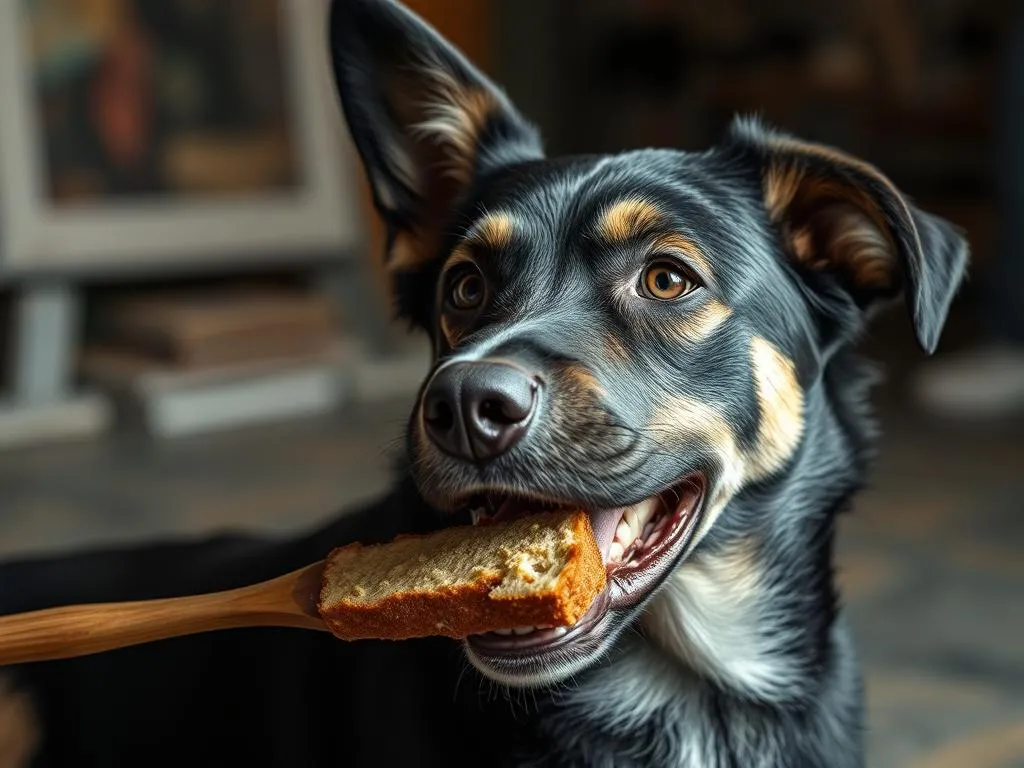
Introduction
In the realm of pet ownership, maintaining your dog’s health is paramount. One common yet alarming issue that many dog owners face is when their furry friends consume charcoal. This can lead to various health concerns, and as a responsible pet parent, it’s crucial to know how to navigate this situation. In this guide, we will delve into what you should do if your dog eats charcoal, preventive measures you can take, and when to seek veterinary assistance.
Understanding Charcoal and Its Risks
What is Charcoal?
Charcoal is a black material made from carbon-rich substances like wood, coconut shells, or peat, which are burned in low oxygen environments. There are different types of charcoal, including:
- Activated Charcoal: Often used in medical settings for its ability to bind toxins, it is processed to have a large surface area.
- Lump Charcoal: Made from natural hardwood, this type is commonly used in grilling.
- Briquettes: Compressed charcoal that often contains additives for ignition.
Charcoal has various uses, from grilling and air purification to even filtering water. However, its consumption by dogs can lead to serious health implications.
Why Do Dogs Eat Charcoal?
Dogs are naturally curious creatures, often exploring their environment with their mouths. They may be attracted to charcoal due to its smell, especially if it has been used for grilling or cooking. Additionally, some dogs may chew on charcoal out of boredom or instinctual behavior, making it essential for pet owners to monitor their pets closely.
Risks Associated with Charcoal Consumption
While not all types of charcoal are toxic, consuming it can pose several risks to your dog’s health:
- Toxicity Concerns: Certain types of charcoal, especially those mixed with lighter fluids or other chemicals, can be toxic.
- Gastrointestinal Obstruction: Large pieces of charcoal can cause blockages in the digestive tract.
- Burns and Chemical Additives: Charcoal may contain harmful chemicals or additives that can lead to burns or other serious health issues.
Immediate Actions to Take If Your Dog Eats Charcoal
Assess the Situation
If you suspect your dog has consumed charcoal, the first step is to assess the situation. Determine how much charcoal was ingested and observe your dog’s behavior for any immediate signs of distress, such as:
- Vomiting
- Diarrhea
- Lethargy
- Abdominal pain or bloating
Contacting a Veterinarian
If you notice any concerning symptoms or if your dog ingested a significant amount of charcoal, it’s crucial to contact your veterinarian immediately. Provide them with the following details:
- Type of charcoal consumed (if known)
- Estimated amount ingested
- Time of ingestion
- Any observed symptoms
First Aid Measures
Before reaching the veterinary clinic, you may need to perform some first aid measures, but only if recommended by your vet. For instance:
- Inducing Vomiting: Only induce vomiting if your veterinarian advises it. This can help prevent further absorption of toxins.
- Providing Water: Offering water can help dilute the charcoal, but avoid forcing your dog to drink if they are lethargic or unresponsive.
Symptoms to Monitor After Ingestion
Common Symptoms
Monitoring your dog’s health after they consume charcoal is essential. Common symptoms include:
- Vomiting: A frequent sign of gastrointestinal distress.
- Diarrhea: This may occur due to irritation in the digestive tract.
- Lethargy: Reduced energy levels can indicate discomfort or illness.
- Abdominal Pain or Bloating: Watch for signs of pain or a swollen abdomen.
Severe Symptoms
If your dog exhibits any of the following severe symptoms, seek emergency veterinary care immediately:
- Blood in Vomit or Stool: This can indicate internal bleeding.
- Difficulty Breathing: A sign of aspiration or respiratory distress.
- Unresponsiveness: If your dog is unresponsive or difficult to wake, act quickly.
When to Seek Immediate Veterinary Care
If your dog shows any alarming symptoms, especially after ingesting charcoal, do not hesitate to seek immediate veterinary assistance. Quick action can be the difference between a successful recovery and serious health complications.
Long-term Effects of Charcoal Ingestion
Potential Health Complications
Even if your dog seems fine after ingesting charcoal, there may be long-term health implications, including:
- Digestive Tract Injury: Sharp edges of charcoal can cause tears or perforations in the gastrointestinal tract.
- Risk of Aspiration Pneumonia: If charcoal is inhaled, it can lead to serious respiratory issues.
Monitoring Your Dog’s Health
Regular check-ups with your veterinarian are essential after a charcoal ingestion incident. Keep an eye out for:
- Changes in appetite or behavior
- Ongoing gastrointestinal issues
- Any signs of pain or discomfort
Preventive Measures to Keep Your Dog Safe
Securing Charcoal
The best way to prevent your dog from consuming charcoal is to secure it properly. Here are some tips:
- Store Charcoal and Grilling Supplies Out of Reach: Keep these items in cabinets or storage areas that your dog cannot access.
- Importance of a Dog-proof Yard: Ensure your yard is enclosed and free from items that can be harmful if ingested.
Training and Behavioral Modification
Training your dog can also help reduce the risk of them consuming harmful items, including charcoal:
- Teaching the “Leave It” Command: This command can be invaluable in preventing your dog from picking up potentially dangerous objects.
- Engaging Dogs with Safe Toys and Activities: Providing plenty of safe distractions can reduce the likelihood of your dog exploring harmful items out of boredom.
Alternatives to Charcoal
If you enjoy grilling, consider safe alternatives to charcoal:
- Gas Grills: These do not involve charcoal and can be a safer option.
- Electric Grills: Another alternative that avoids the risks associated with charcoal.
- Air Purification Without Charcoal: Use HEPA filters or other non-charcoal air purification methods to keep your home healthy.
Conclusion
Being proactive about your dog’s health is essential, especially in situations involving potential hazards like charcoal ingestion. Monitoring your dog closely and knowing when to consult a veterinarian can make a significant difference in their recovery. As pet owners, it’s our responsibility to create a safe environment for our furry friends, ensuring they lead healthy and happy lives.
FAQs
What should I do if my dog eats charcoal?
If your dog consumes charcoal, assess the situation, observe for symptoms, and contact your veterinarian immediately for guidance.
Is all charcoal toxic to dogs?
Not all charcoal is toxic, but certain types, especially those with additives or chemicals, can be harmful. It’s best to consult your veterinarian for specifics.
Can I give my dog activated charcoal?
Activated charcoal can be used in veterinary medicine, but you should only administer it under the guidance of a veterinarian.
How can I ensure my dog doesn’t eat charcoal again?
Secure all charcoal and grilling supplies out of reach, provide training commands like “leave it,” and offer safe alternatives to keep your dog engaged and safe.









